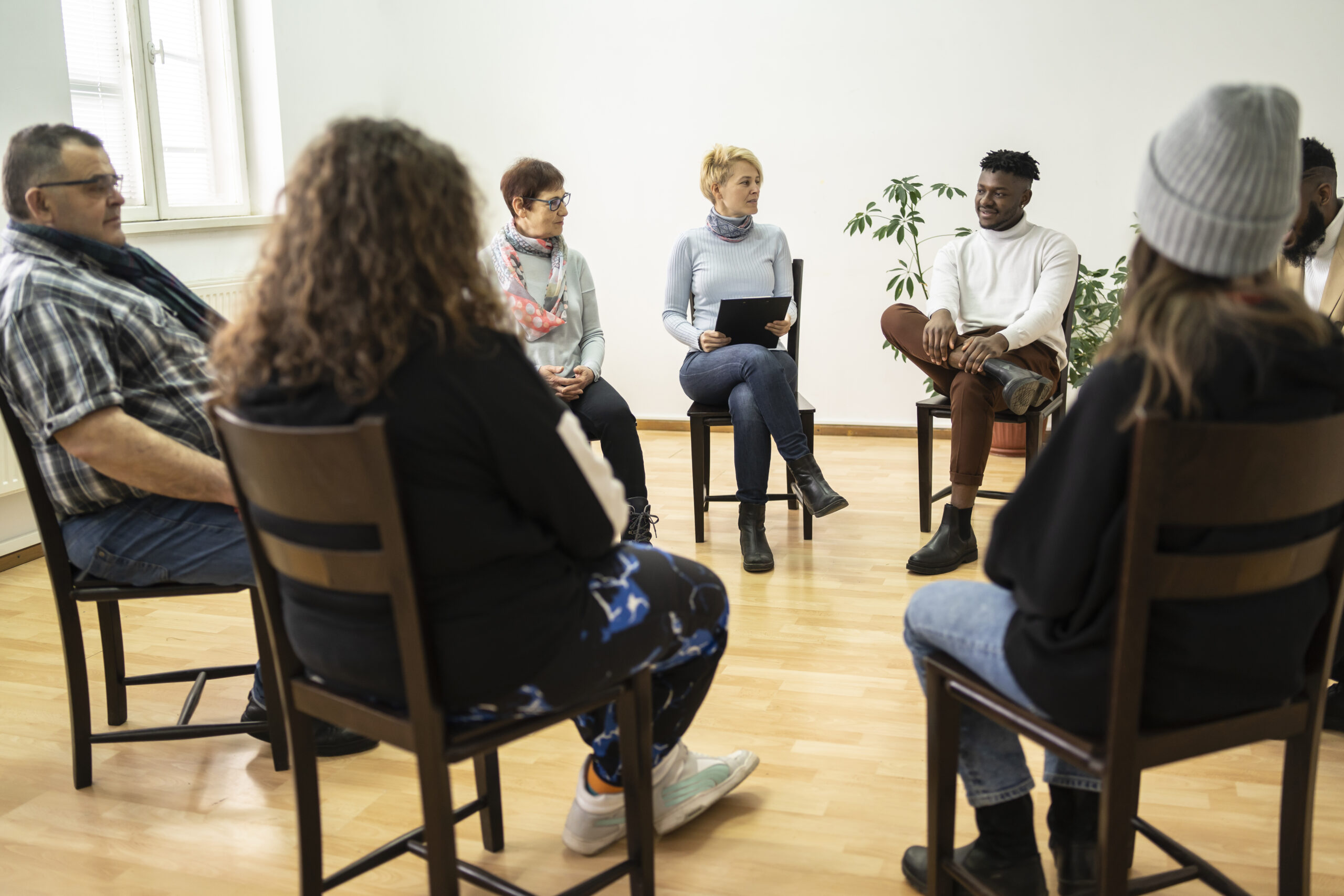The holidays can be a joyful time, a chance to reconnect with friends and family, envision peace on earth and revel in the spirit as it moves you. If you’re an educator, you may take the time to let go of the stress of trying to meet the needs of your students and the desires of parents. If you’re a parent, you may let go of the rapid tempo of getting everyone on task to meet the demands of the school day.
But let’s face it, the expectation of jubilation can be stressful. It carries the possibility of disappointment. And holiday gatherings, whether elaborate or simple, at school or at home, can be hard work, especially when coupled with end-of-year deadlines, grades, report cards and loose ends to wrap up.
According to the American Psychological Association (APA), money, in particular, can be a cause of stress during the holidays. Many of us harbor an expectation to purchase gifts, decorations and other items tied to holiday celebrations. Among its tips for parents, the APA advises, “Avoid blowing events out of proportion and teach your kids how to keep things in perspective…” In the classroom, you might consider lessons about holiday giving that put less emphasis on the role of gifts and more emphasis on the spirit of generosity and kindness.
 Let’s say that in addition to the many roles you juggle as a teacher, administrator or parent, you are one of those people who is about to assume the role of shopper extraordinaire, head chef, caregiver to elders and bringer of cheer to children during the holidays. Thriving Schools is pleased to persuade you to tend to your own well-being, too, with forethought. Starting now.
Let’s say that in addition to the many roles you juggle as a teacher, administrator or parent, you are one of those people who is about to assume the role of shopper extraordinaire, head chef, caregiver to elders and bringer of cheer to children during the holidays. Thriving Schools is pleased to persuade you to tend to your own well-being, too, with forethought. Starting now.
Plan on less stress
Consider the stress trap known as “there’s never enough time.” The early childhood educators at the company Bright Horizons urge you to take stock of your priorities, follow them and let go of others. This goes for wrapping up your school year in the same way it goes for taking charge of your holiday time.
You can also keep these 15 stress busting tips for teachers in mind and integrate them to your holiday schedule.
And here are a few anti-stress tips adapted from a list of Quick Tips offered by Healthwise, a partner of Kaiser Permanente, that may be helpful to consider:
- Be realistic. Try not to put pressure on yourself to create the perfect holiday activities for your students, or for your family and friends. If you have a hard time being around your relatives, it’s okay to set limits on your time at events and visits.
- Share the tasks. You don’t have to do everything yourself. Share your “to do” list with others. At school, ask parents and other volunteers to pitch in. Spend time with friends and family while you share tasks like decorating, wrapping gifts, and preparing the holiday meal.
- Take breaks from group activities. Pay attention to your own needs and feelings. Spend a little time by yourself if you can. Go for a walk.
 If you think any of these may be helpful to you, spend a little time today envisioning how you might enact them.
If you think any of these may be helpful to you, spend a little time today envisioning how you might enact them.
Practicing mindfulness during the holiday season, whether you’re a beginner or a devout Buddhist nun, may be the best gift you can give yourself. As the National Institutes of Health reminds us, “Mindfulness meditation can reduce stress, alter brain structure and function, and have a positive effect on the immune system.” (Here are mindfulness resources curated for educators.)
Note that everyone who has wisdom to offer about reducing stress says this: Just say no. Scholastic.com puts it this way: “Politely refuse to take on more projects than you can handle, even if a colleague, your principal, or a parent asks you to.”
We may not be able to avoid stressful situations during the holidays, but we can handle them in a healthy way. If you’ve had a challenging school year, or even if you haven’t, the holidays are a fine time to be good to yourself. You deserve it.



